
Computer Science, Machine Learning
Bridging the gap between complex scientific research and the curious minds eager to explore it.
Page 135/179
LLaMA-2, the next generation of LLaMA. Meta trained and released LLaMA-2 in three model sizes: 7, 13, and 70 billion parameters. The model architecture remains largely unchanged from that of LLaMA-1 models, but 40% more data was used to train the foundational models. The accompanying preprint also mentions a model with 34B parameters that might be released in the future upon satisfying safety targets.

Computer Science, Machine Learning

Computer Science, Machine Learning

Computer Science, Computer Vision and Pattern Recognition
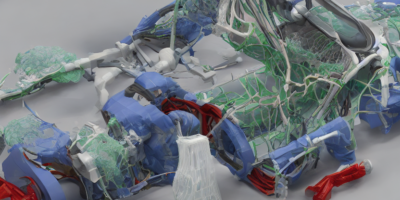

Computer Science, Machine Learning
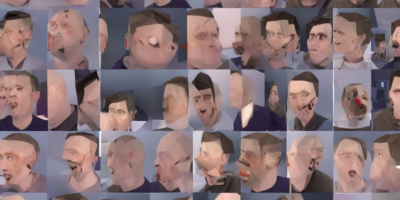
Computer Science, Computer Vision and Pattern Recognition
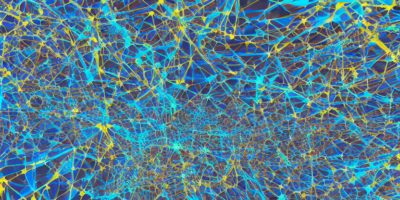
Computer Science, Machine Learning

Computer Science, Computer Vision and Pattern Recognition

Computational Engineering, Finance, and Science, Computer Science
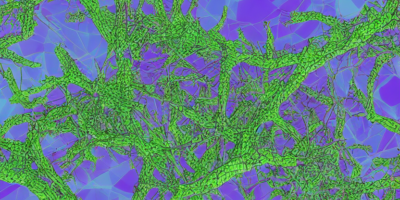
Computer Science, Computer Vision and Pattern Recognition

Computer Science, Computer Vision and Pattern Recognition

Mathematics, Numerical Analysis
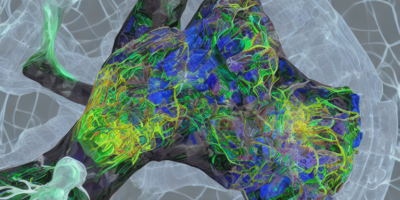
Electrical Engineering and Systems Science, Image and Video Processing

Computation and Language, Computer Science

Computation and Language, Computer Science

Computer Science, Cryptography and Security

Computer Science, Human-Computer Interaction

Computer Science, Cryptography and Security
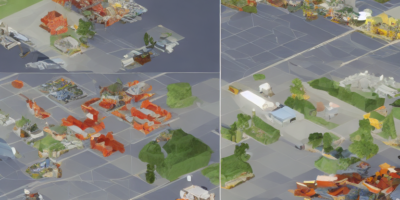
Computation and Language, Computer Science
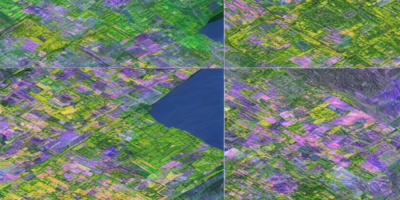
Electrical Engineering and Systems Science, Image and Video Processing